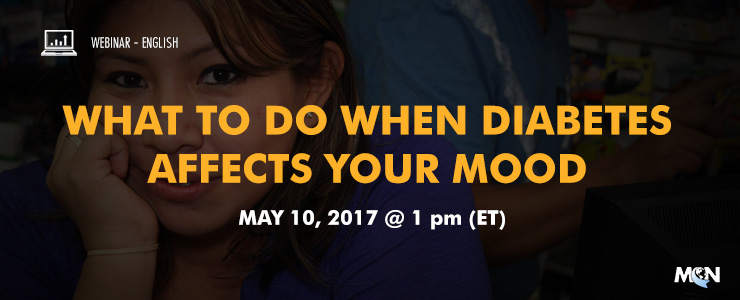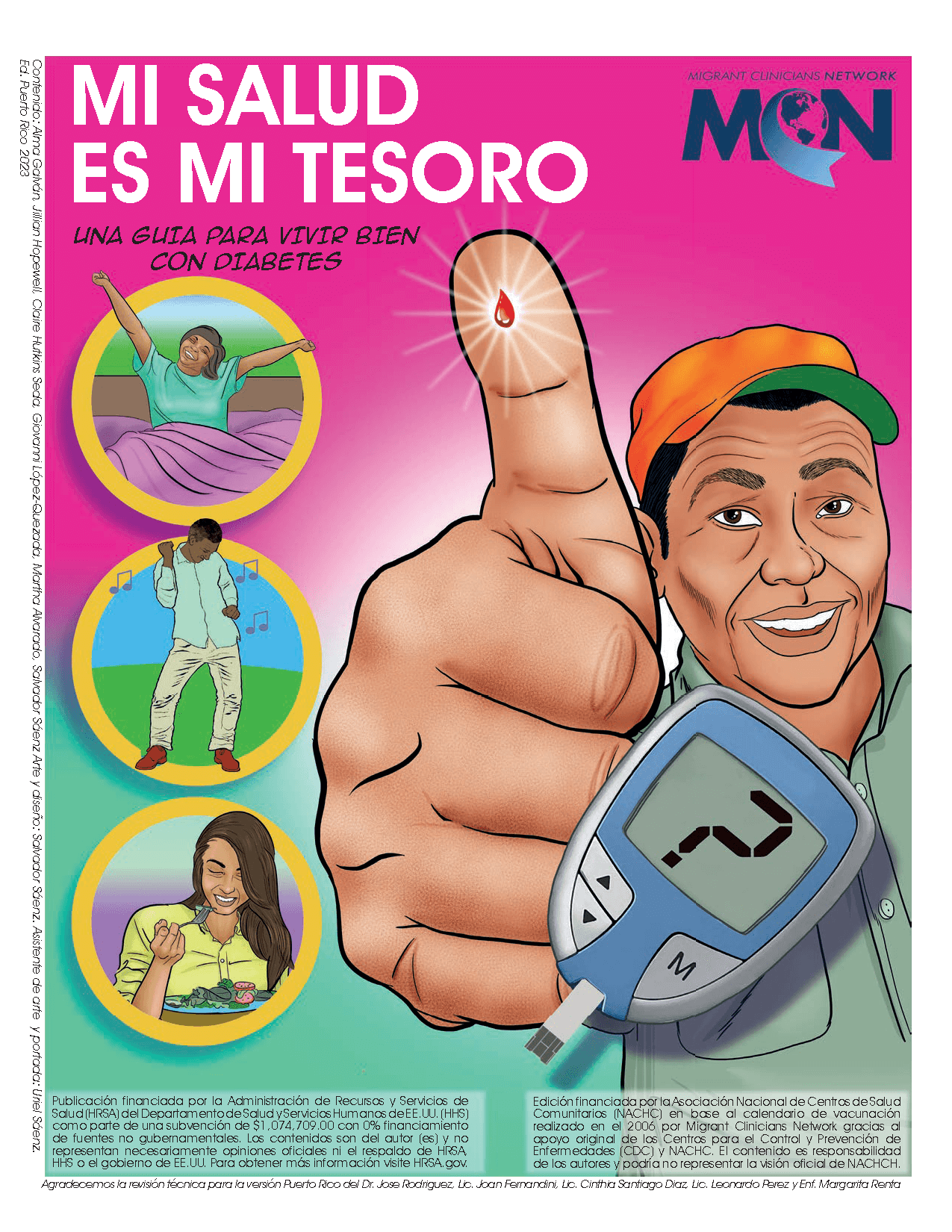
DATE: May 10, 2017, 1 pm (ET)
SPEAKERS: Patria Alguila and Ileana Ponce-Gonzalez, MD, MPH, CNC
Continuing Education Credit
To receive CME* or CNE credit after viewing this webinar, you must:
- Complete the Participant Evaluation associated with this webinar
- Send an email with your first and last name stating which webinar you completed to contedu@migrantclinician.org
Description
In this webinar participants will be able to identify the Health Resource Services Administration performance measures related to depression, describe symptoms of depression, understand how to encourage patients to control and manage their diabetes and depression, and understand the principle barriers faced by patients in the control and management of their diabetes and depression
Learning Objectives
- Define the term mental illness
- List at least two symptoms of depression
- Define the HRSA quality measure for depression screening
- Understand at least one barrier in the control of diabetes and depression
This project is supported by the Health Resources and Services Administration (HRSA) of the U.S. Department of Health and Human Services (HHS) under cooperative agreement number U30CS09742, Technical Assistance to Community and Migrant Health Centers and Homeless for $1,094,709.00 with 0% of the total NCA project financed with non-federal sources. This information or content and conclusions are those of the author and should not be construed as the official position or policy of, nor should any endorsements be inferred by HRSA, HHS or the U.S. Government.

